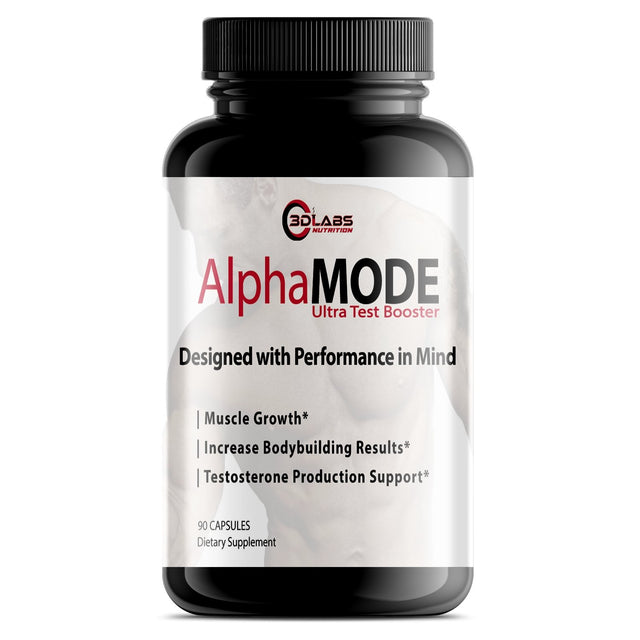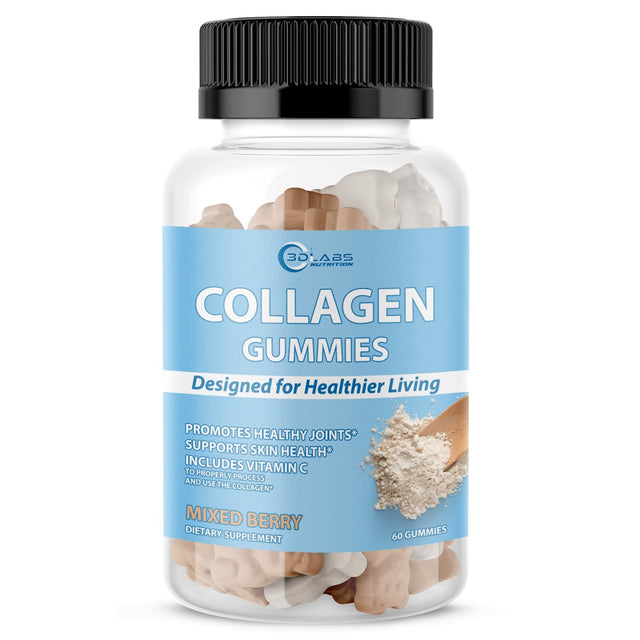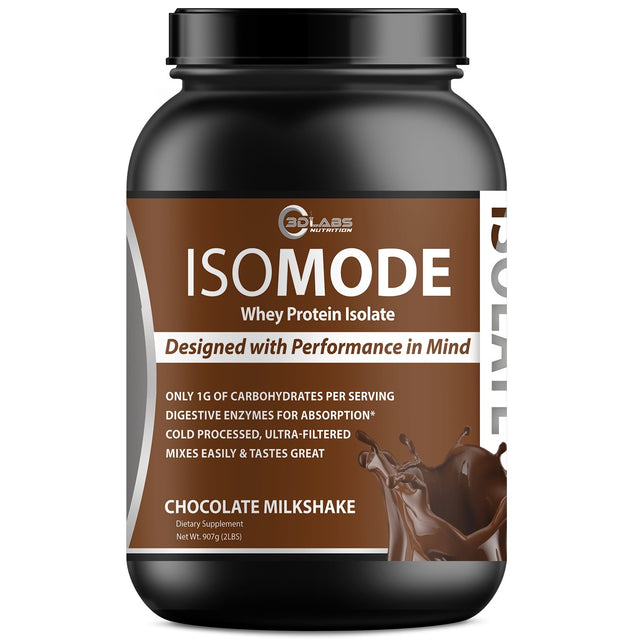From Stressed to Serene: The Neurology of Mindfulness Practice
From Stressed to Serene: The Neurology of Mindfulness Practice
In an age where stress is almost a constant companion, understanding and countering its effects is more important than ever. One powerful tool in this endeavor is mindfulness, a practice with deep roots and profound impacts on the brain.
This article delves into the science behind stress, how mindfulness alters our neurological pathways, and offers practical tips for integrating mindfulness into daily life to achieve a serene state of mind.
Understanding Stress and Its Impact
Stress, in its basic form, is the body's response to perceived threats or challenges. It activates the 'fight-or-flight' response, releasing hormones like cortisol and adrenaline, which prepare the body to act. While this response can be life-saving in acute situations, chronic stress can wreak havoc, leading to issues like anxiety, depression, heart diseases, and weakened immune systems.
The Science Behind Stress
When faced with stressors, the body undergoes a series of changes designed to enable rapid response. The amygdala, a brain region associated with emotional processing, activates the stress response, while the prefrontal cortex, responsible for reasoning and judgment, becomes less active. Chronic stress can lead to a reduction in brain size, impacting areas like the hippocampus, crucial for memory and learning.
Mindfulness Explained
Mindfulness originates from ancient Buddhist practices and revolves around being intensely aware of what you're sensing and feeling in the moment, without interpretation or judgment. It involves breathing methods, guided imagery, and other practices to relax the body and mind and reduce stress.
Neuroscientific Insights: How Mindfulness Affects the Brain
Neuroplasticity, the brain's ability to reorganize itself by forming new neural connections, plays a key role in mindfulness. Research, including MRI studies, has shown that mindfulness practice can induce changes in various areas of the brain:
- Amygdala: Mindfulness shrinks the amygdala, reducing its role in the stress response.
- Prefrontal Cortex: It enhances the activity and density of the prefrontal cortex, improving decision-making and emotional regulation.
- Hippocampus: There is an increase in gray matter density in the hippocampus, improving memory and learning capabilities.
These changes contribute to a reduction in stress and an increase in emotional well-being.
Mindfulness and Stress Reduction
Mindfulness counters the body's stress response by inducing a state of relaxation and attentional control. It helps in regulating emotions and shifting perspectives, allowing individuals to respond to stressors more effectively. Mindfulness practices like meditation have been shown to decrease cortisol levels, the primary stress hormone.
Practical Mindfulness Techniques for Stress Reduction
Implementing mindfulness into your routine can be straightforward:
- Mindful Breathing: Focus solely on your breath, observing each inhale and exhale to anchor yourself in the present.
- Body Scan Meditation: Pay attention to different parts of your body, noticing any sensations or tensions.
- Mindful Observation: Choose an object and focus all your attention on it, observing every detail.
These practices can be done anywhere and anytime, making them highly accessible stress management tools.
Challenges and Tips for Implementing Mindfulness
Common challenges include finding time and dealing with distractions. To overcome these:
- Start Small: Even a few minutes of mindfulness daily can be beneficial.
- Create a Routine: Set a specific time for mindfulness practice.
- Embrace Technology: Use apps and online resources for guided sessions.
As You Can See
Mindfulness, with its profound effects on the brain, offers a scientifically-backed pathway from stress to serenity. By incorporating mindfulness practices into daily routines, we can mitigate the effects of stress, enhance our cognitive functions, and improve our overall quality of life. In the journey from stressed to serene, mindfulness is a powerful and accessible tool.
Remember, as with any lifestyle change, it's advisable to consult with healthcare professionals, especially for individuals with underlying health conditions.
Always Remember...
We would love to hear your thoughts on this, or any other article we write, so please, drop us your comments, ideas, input, and suggestions in the comments below.
And, by all means, if you think anyone in your world might like something we write, use the share buttons below to help us spread the word!
Until next time...PROGRESS, not PERFECTION!
Don't forget, always consult your physician before making any changes to your diet or exercise regimen.
Live a 3D Life...Decisions Determine Destinations!








0 Comments
There are no comments for this article. Be the first one to leave a message!